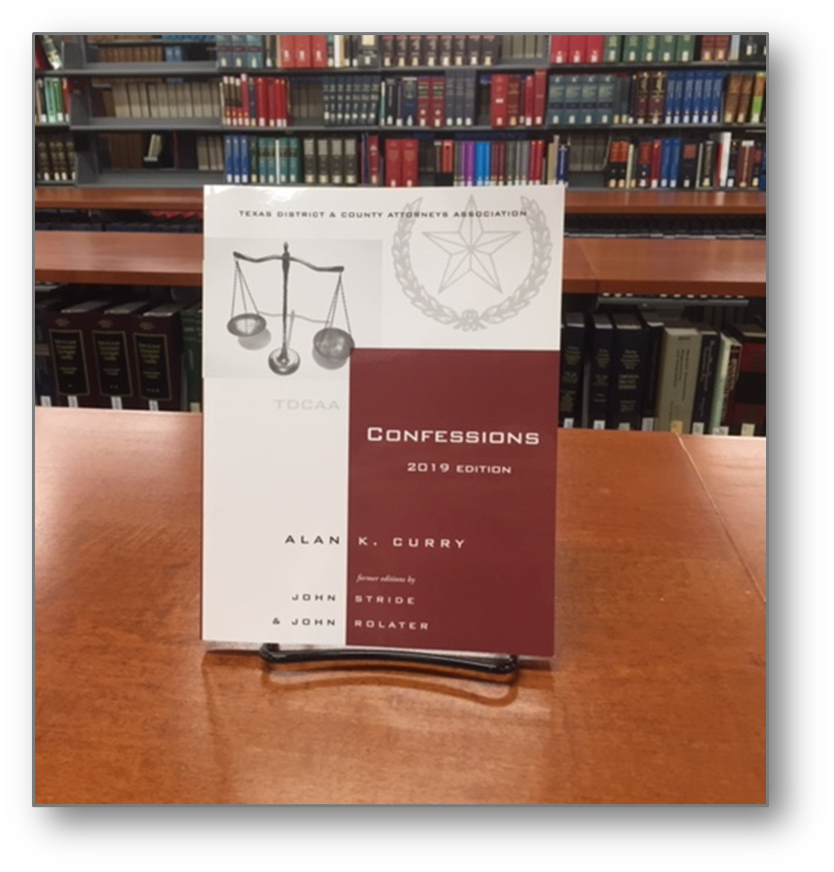Confessions are a crucial part of the evidence that is gathered during the investigation and prosecution of a criminal defendant. As such, it is important for attorneys, both on the prosecution side and the defense side, to understand the law surrounding these statements, especially those obtained during a custodial interrogation. In this regard, Confessions begins with the basics of confession law: what is a confession, what are the pertinent federal and Texas statutes that govern confessions, and what are the differences between federal and state confession law. The author then moves on to the heart of confession law: the custodial interrogation. Here, the reader will find a discussion of Miranda, its required warnings, and the exceptions to that requirement; in-depth explanations of the two key events that trigger Miranda: custody and interrogation; and an analysis of what occurs when a defendant invokes his rights under Miranda. Subsequent chapters address written and oral statements and some of the rules governing the admissibility of such assertions, statements and confessions made by juveniles, and hearings and trials. The author also explains some interrogation techniques and discusses false confessions and recantations and how those false confessions can be identified. Of course, no discussion of interrogation and confessions would be complete without an examination of the prosecutor’s ethical duties in obtaining or using a defendant’s confession.
Confessions is one of many books in the Law Library’s collection published by Texas District & County Attorneys Association. If you are looking for resources that concisely explain various aspects, issues, and topics of interest to the criminal lawyer, have a look at this book and others, including Traffic Stops, Expunction and Nondisclosure, Predicates, DWI Investigation & Prosecution, and Punishment & Probation.


